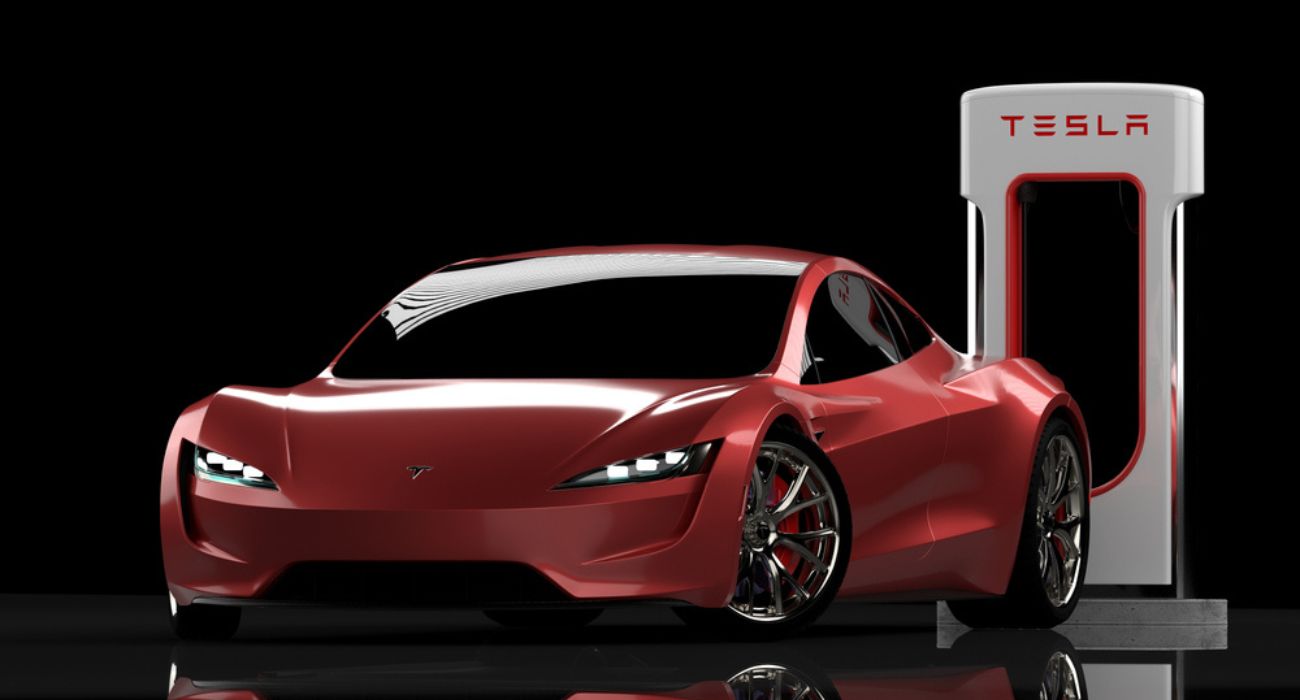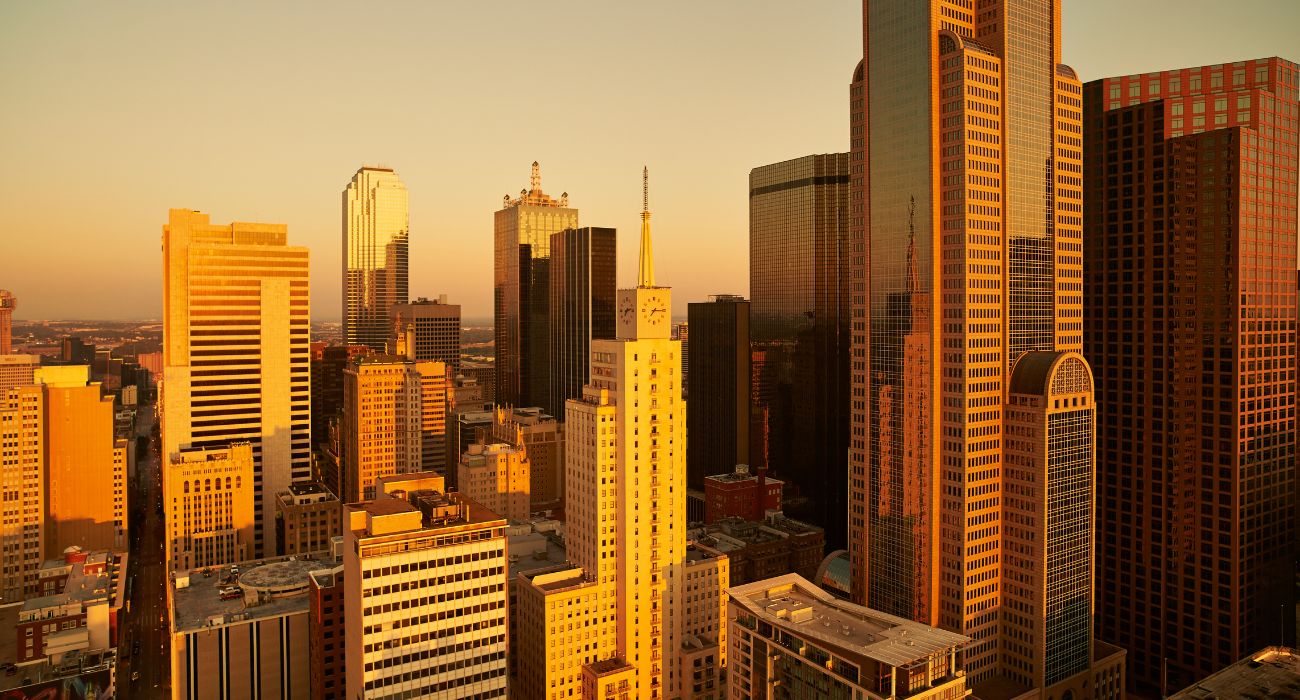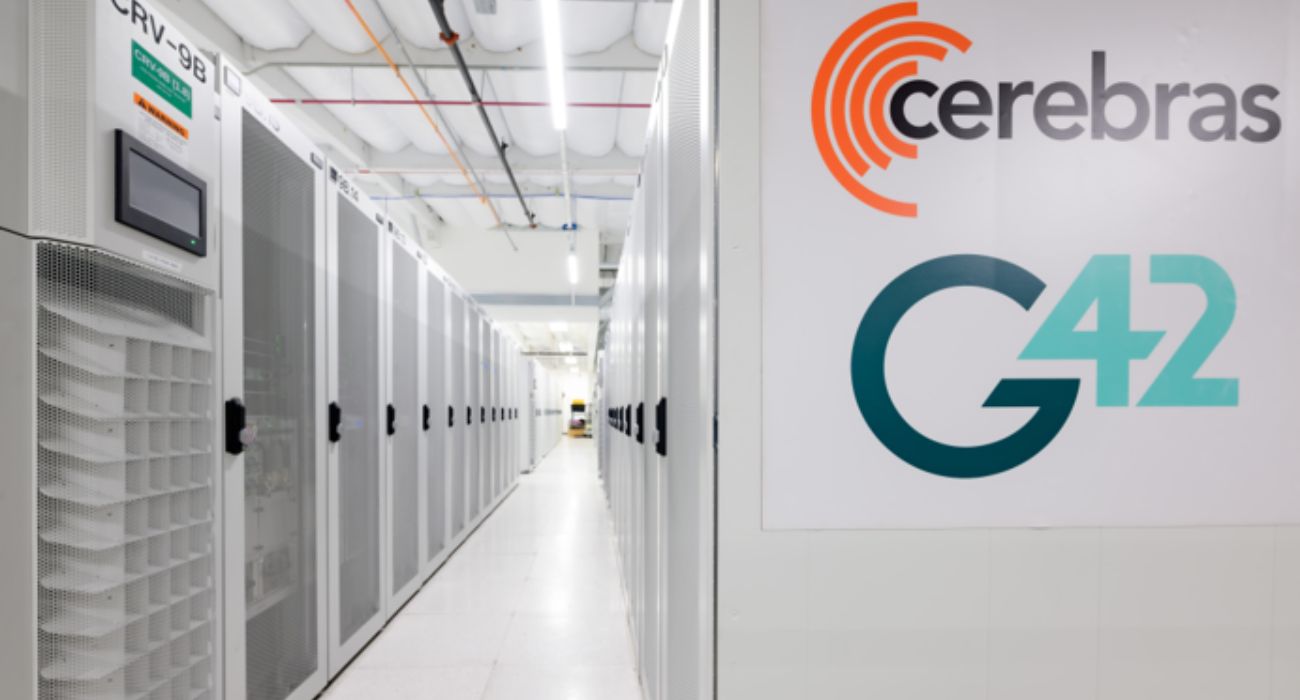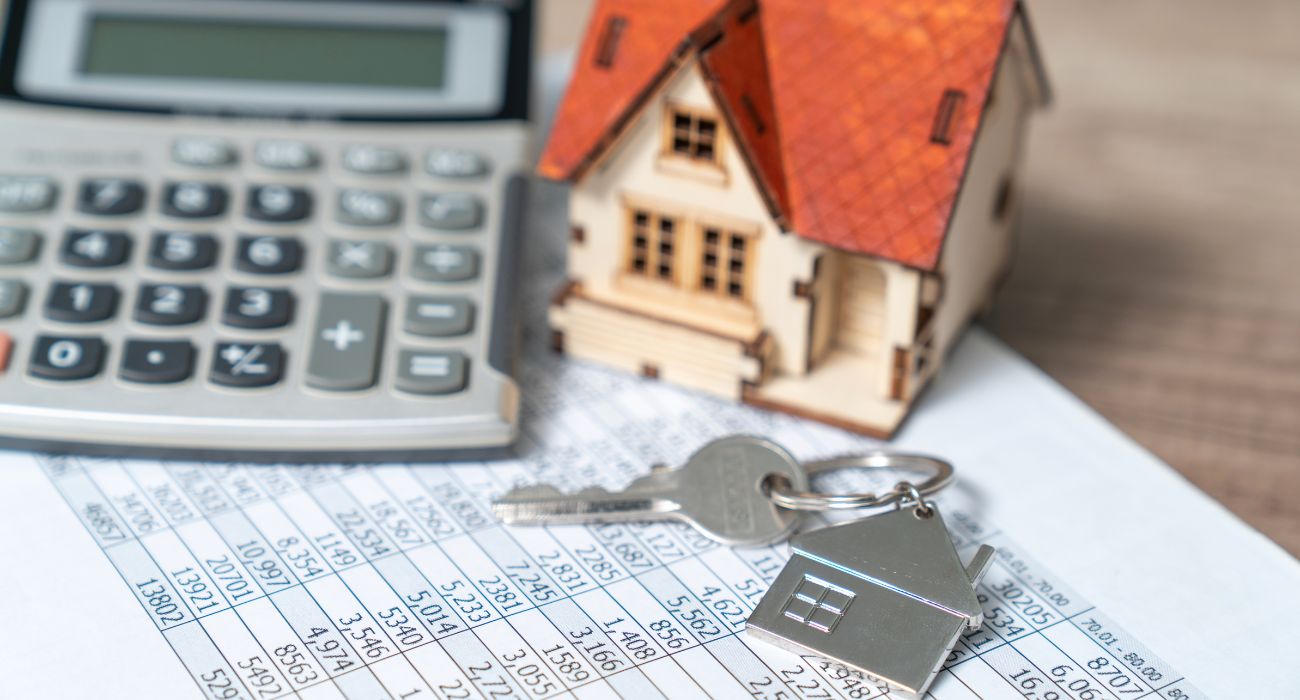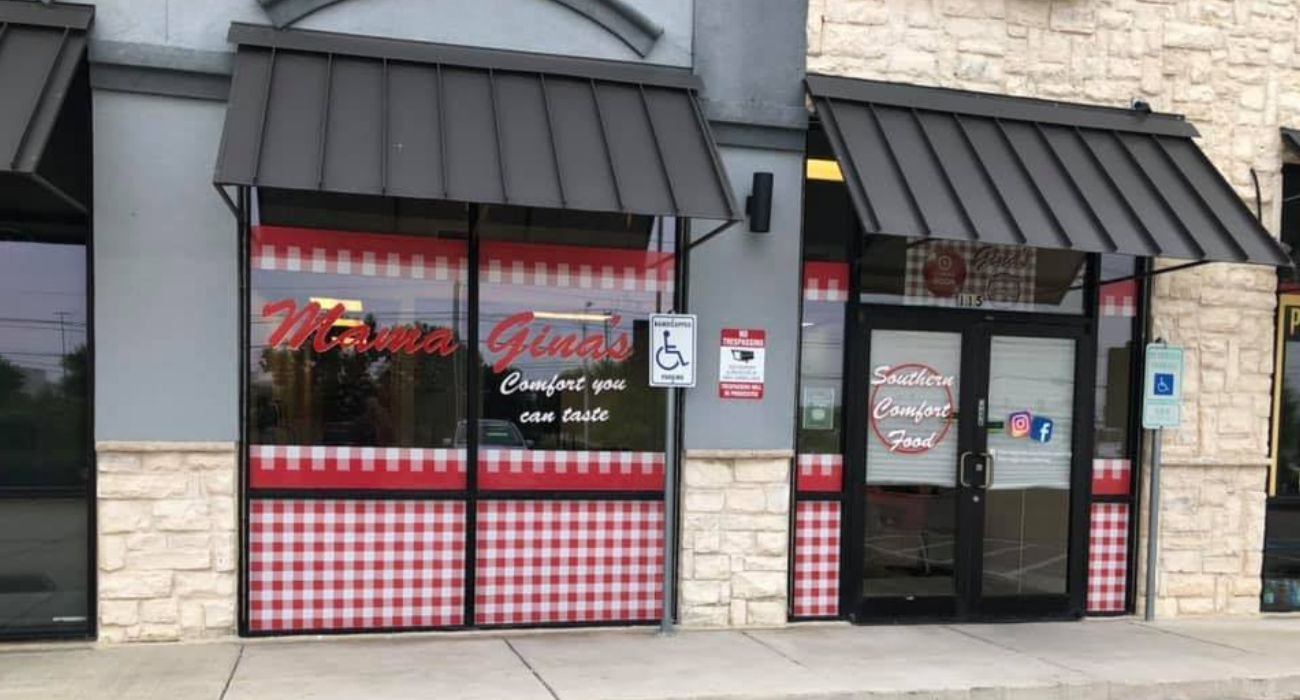Tesla is facing a new dilemma: open up its charging stations to its competitors or miss out on $7.5 billion in charger subsidies.
As the first company to successfully scale electric vehicles (EVs) in the U.S., Tesla has more stations than any other company, and in the U.S., they only connect to Tesla vehicles.
The company has already opened a limited amount of its charging stations to other EV drivers in multiple European countries as a pilot program.
This was made easier by Tesla having already equipped its Superchargers with the CCS-Type 2 connector to meet the standard in Europe. The Tesla Model 3 was also manufactured with this connector.
In North America, most EVs and their charging stations use CCS-Type 1, so using the Tesla Superchargers for other vehicles currently requires an adapter.
But a fact sheet released by the White House last summer stated that Tesla was developing Supercharger equipment with the capability to charge other EVs.
CEO Elon Musk reportedly indicated last May at the FT Future of Cars Conference that Tesla will be adding the CCS connectors to North American charging stations, according to EV-focused outlet Electrek.
“It’s a little trickier in the US because we have a different connector than the rest of the industry, but we will be adding the rest of the industry connector as an option to Superchargers in the US,” Musk said, per Electrek.
Now, the Department of Transportation says it will finalize a requirement that will pressure Tesla to introduce an additional charger to connect to rival EVs, according to a Reuters report.
If Tesla does not abide, it could lose $7.5 billion in funding earmarked by the Biden administration to increase charging stations across the country.
“We do understand that Tesla is looking to tweak their system to be more open access. So, if they do reach that point and meet those eligibility requirements, they certainly will be eligible for funding,” Stuart Anderson, head of Iowa’s transportation development division, told Reuters.
Musk apparently criticized previous government subsidies for EVs after it was proposed that “union-made, U.S.-built electric vehicles” receive a $4,500 tax incentive, Reuters reported.
Still, as previously reported by The Dallas Express, Tesla recently benefited from an EV tax credit after the IRS changed the requirements on what constitutes an SUV, enabling Tesla’s Model Y buyers to qualify for the credit, and Reuters reported that Tesla had profited from selling regulatory credits to other EV makers who were not meeting federal emissions standards.
Musk met with John Podesta and Mitch Landrieu, senior advisors to President Biden, in January, according to Teslarati, to discuss an increase in EV manufacturing and the Bipartisan Infrastructure Law, which includes language on charging equipment.
Tesla has 40,000 EV chargers worldwide, and while Musk has discussed opening up his company’s Supercharger network, no plans have been finalized.
If Tesla does open up its charging network, competitors ramping up EV production could steal some market share away from Tesla. Still, it also could be a new revenue stream for the company and could open up more subsidies, Business Insider wrote.
“It’s a bad idea as it stands now because superchargers are barely covering current Tesla owner’s usage. This is one of my issues with Tesla, which is focusing on the customer, and a lot of customers aren’t always happy with Tesla because of service. One of the areas considered a very bright spot is the supercharger network,” Ross Gerber, CEO of Investment Advisory Gerber Kawasaki and notable Tesla investor, told The Dallas Express.
“The idea of opening it up to the competition when competition is finally ramping up and there are a decent amount of electric vehicles in the markets” would dampen that experience, Gerber said.
Gerber notes that in Europe, Tesla’s superchargers [are] open to all car companies, and the competitors take advantage of that.
“The free money is pretty attractive to them, and I don’t think they can increase investment fast enough in superchargers to offset the 2 million new customers they will get from new car sales this year. This is an issue for consumers and one they need to address. If the experience goes down in charging, that’s a huge moat they have to protect against the competition,” Gerber added, who is running for a Tesla board seat.
“There’s going to be a huge amount of investment in these charging stations but none of them are as good as Tesla. There is so much competition coming in this area, equivalent with demand which I don’t see as a bad thing, but they need to decide whether they want to keep this moat or give it up.”
Tesla, Inc. (NASDAQ: TSLA) shares were up 7.5% on Tuesday.

